Photo: Angella Choe
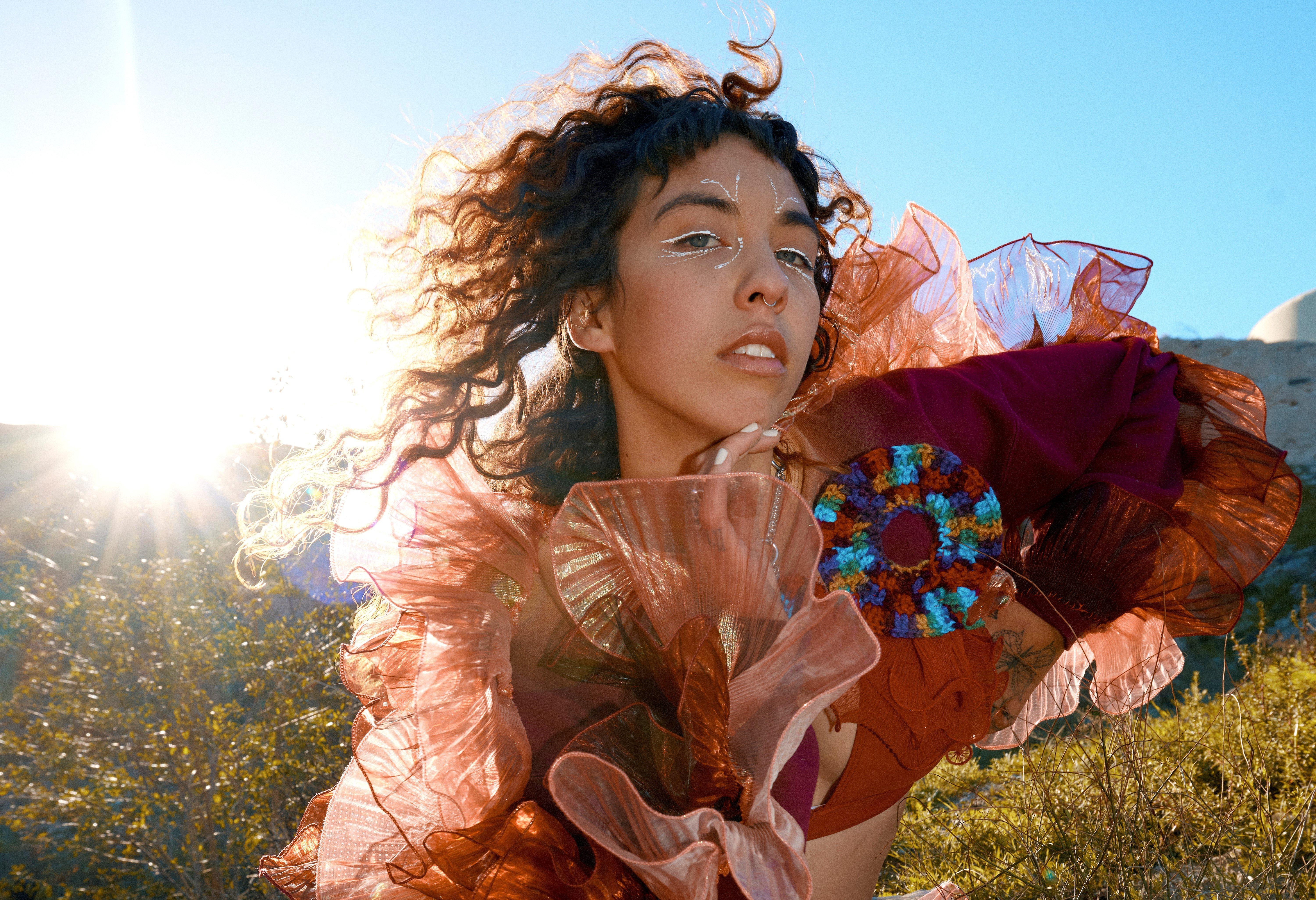
Indigo De Souza Knows 'All Of This Will End' — And It's What Makes Her New Album So Meaningful
Indigo De Souza's 'All Of This Will End' embraces transience with wholehearted openness. In an interview, the 25-year-old alternative singer/songwriter reflects on mortality as creative inspiration and her close relationship with her mother.
Indigo De Souza is working on a painting. After taking some psychedelics, she turned to canvas, unspooling her perspective of the natural world in color. The painting is big and abstract and energetic, much like her music — her creativity bleeds into assorted forms, and in its fluidity, De Souza yields to no one.
The 25-year-old, North Carolina-based musician is agile, wedging honest confessions between raging guitar licks and rapid-fire drums. A resilient embrace of change sculpted her first two acclaimed albums, I Love My Mom (2018) and Any Shape You Take (2021), but this acceptance takes center stage on the recently released All Of This Will End. Listening to it feels like standing in the eye of a hurricane, but instead of trying to vanquish the disorder, De Souza masters the restlessness.
It's no wonder she's a rising star in the grunge and indie rock scene, playing major festivals and touring with everyone from Lucy Dacus to Alex G. While her music — and consequent ascent to fame — has occasionally been turbulent, she's found ways to ground herself spiritually. Most importantly, she cited close community as a key source of meaning in her life.
"[Community] has led me to this point of not only being vulnerable with my songs, but also wanting to create a safe space for everybody that is listening, because I know how special that feels," De Souza tells GRAMMY.com. "I know how much everybody needs that to feel like they are belonging and they are worth being here."
In realizing her self-worth and dedicating herself to fostering safe spaces, De Souza is more free than she's ever been. Part of this aspiration for liberty comes from her artist mother, who painted all of De Souza's album covers. Each depicts an evocative scene of skeletons — wallowing, embracing, searching for connection — amid lush greenery. They're stirring, exquisite images that encapsulate mortality, another key theme of De Souza's angsty music.
On the aptly titled All Of This Will End, De Souza comes to terms with her mortality and holds it with strength. A rich, red horizon floods the album cover; though the sun is going down, the musician lingers in the light while she can.
Ahead of her record's release, Indigo De Souza spoke with GRAMMY.com about embracing life's temporality, how close-knit communities fuel her creativity, and why her latest album is her truest representation of herself yet.
This interview has been edited for length and clarity.
What did you discover about yourself while working on All of This Will End?
I feel like more than the other albums, I trusted my own voice more. I feel like the process was faster than the other two albums because there was a lot of just going with my gut and not second guessing stuff as much.
That was probably the biggest thing I learned because coming from the last album, I kind of decided this time that I wanted to fully self-produce it. But I wanted help from Alex [Farrar] who worked on the last album as well, and he just became a really special collaborator throughout the last album. And then I really wanted to pull him into this one. And it was such a sweet pairing of energies to kind of lead the [album].
Also, one of my best friends, my soulmate, Dexter Webb plays all of the crazy shreddy guitar stuff on the album. He also plays the sweet piano in "Younger & Dumber," and he is just very, very talented in so many ways. And he did a lot of the production as well.
But yeah, I think I just learned to trust myself and trust my inner community to make the thing that felt the most true, and I kind of feel like that same thing happened with my music videos this time around.
On "Younger & Dumber," you sing that "you're tired of feeling the space all around you," and I really connected to that. Elaborate on that feeling.
I've had that feeling ever since I was young. I think I'm just a kind of deeply depressed person, but it's also a very deep existential doom. And I have anxiety as well, and I just have a lot of issues.
I'm fine day to day by myself. I used to not be able to function as well, and I was not able to make money because of it, because I was just kind of in bed all the time. But now I feel very functional and able to do a lot of things — have community, really show up in my life, and make it mean something.
I think that that feeling is just that sometimes I get tired of fighting. Sometimes I get tired of creating meaning and intention and doing things to help my life succeed or doing things to feed myself or feed my creativity.
All Of This Will End hones in on mortality, and I think there's something really peaceful in accepting that everything is temporary. How does making music give you purpose, within that context of mortality?
The acceptance of mortality allows me to make music that is directly from the heart, and is completely true and is very vulnerable and raw. I don't feel precious about keeping that to myself. I don't feel scared of being open about my feelings because they're fleeting, and I know that at the end of it all, I'm going to die.
So I feel like it's important to show up in my truest form and actually connect with people in a real way. It allows me to pour a lot of meaning into my live shows as well, because I really love sharing the songs and being able to share actual space with [the audience]. And it really is such a magical feeling when you pour your heart out on stage, and then feel everyone in the room kind of energetically shift into a space of vulnerability as well.
You talked about how accepting mortality helps you make the most out of life. What are some of the little things in life that you've found meaning in?
I like being around a fire with my friends. And that's one of my favorite things — being in nature and making a fire and sitting around it and talking. I really like going out into the forest with my dog and just watching him play in the forest and in the creek because he's just a total creature. It's his favorite place, and he needs to go there every day to feel good. And I love just having a hot drink with my best friend and roommate in the morning.
What's your relationship with nature, and how has it affected your creative process?
So much of my pain and grief about the world comes from humans' unhealthy relationship to nature or disconnected relationship to nature. A lot of things that humans build and create is actively ruining nature and choking nature. And a lot of people don't even have a connection to nature anymore because of how technological everything has become or how separate everything has become… It brings out a lot for me emotionally, which then pours into my music.
I think that's why I wrote about parking lots a lot in this album. Ever since I was young and I heard that song about paving the parking lot, I remember it made me think about the fact that parking lots were paved. And then at some point I started realizing, oh, it wasn't always this way.
We built all this stuff and we paved over actual forests, and there's all this magic around us that we don't know how to tap into. And that's really strange. Now I know there are people who do know how to tap into that magic, but they're more rare. I think I'm surrounded by people like that in my life now, which is really important.
You're definitely tapping into that magic. Following your parking lot paving realization, how did you confront change when you were younger? And how does that compare to how you cope with it now?
There's different kinds of change. There's change that is out of your control and you're just watching it happen. And then there's change that you can take control of in your own life. I'm going to move here. I'm going to make a boundary with this person. I'm going to cut my hair off.
I think when I was young, I felt like a lot of my change was out of my control because I was small and I was under the roof of my mom. I remember feeling really stuck at school, like really sad that I just had to be in a room in a fluorescent square box every day. I've read journals from when I was young and there's some really emo s— in there.
When you're touring, you have to perform really personal songs over and over. Is it ever difficult to revisit those songs frequently, or does it just feel more therapeutic to perform them often?
It feels really therapeutic, especially now since we're playing this new album. The last album got really old for me and started to actually be painful to revisit, but now I have a couple new bandmates and we've kind of reworked some of those songs to keep playing them live. Honestly having a fresh new perspective of them and having taken a long break from them gives me a second wind.
What does community look like and feel like to you, whether that's on tour or just at home?
I think all that community means to me is having safe space between people for expression and true communication — whether something hurts someone's feelings or is just a need that needs to be communicated.
I really feel like one of the main beauties of true community is being able to face conflict in a way that actually triggers growth between people and is actually a space to find deeper meaning and understanding instead of separation… In that same breath, I also feel that way just about dark, sad feelings. It's better to talk about that instead of holding it inside.
Your openness and love of community translates to your latest album, to the point where it feels like you're building a safe space for listeners. How did you gradually learn to be comfortable with being so vulnerable? Or do you still find yourself adjusting sometimes?
There was a time when I had friends around me who I was vulnerable with, and they actually really hurt me in response. That felt like a moment that really stunted my growth… and that was right after I put out Any Shape You Take. And it was during the pandemic, and I was alone for a while.
Then I started to meet these new friends that were kind of farther out from the city, in the sticks, and I started hanging out with them in nature. And then the community just got bigger and bigger. I think what taught me to be very strong in my vulnerability is that I opened up to them and they did not turn me away. They, in turn, opened up to me and we began learning about each other, and it created these really close bonds that actually gave deep, deep meaning to my life and helped me feel like I had a place in the world.
I wanted to talk about your mom, who's a major inspiration to you. What have you learned from her? Which of her traits have inspired you the most?
I think that the trait that has inspired me the most about her is that she does not care about what people think of her. She's always been very loud with her artwork, and she will just go to an event wearing a crazy costume with a mask. When I was young, I was really embarrassed by her. And then as I got older, I realized how special it was that she didn't care about what people thought.
I was always so confused about why we weren't leaving the town because the town was so unaccepting, but she was dedicated to being someone who was bringing new life to the town and who was making it feel like a space where other artsy people could come. And she just really loved that place and didn't want to abandon it.
I think that's kind of how I feel now too. In this area where I live, there are a lot of problematic things going on. It's the South, so there's people who mean harm to minorities and don't accept the queerness, but I don't want to abandon this place because I really love the nature and I love the people. I love the people who are fighting for this space to be a safe space. I think she taught me that too: to not abandon the things that you love.
Lucy Dacus On New Album 'Home Video,' Her Personal Songwriting & Touring Again
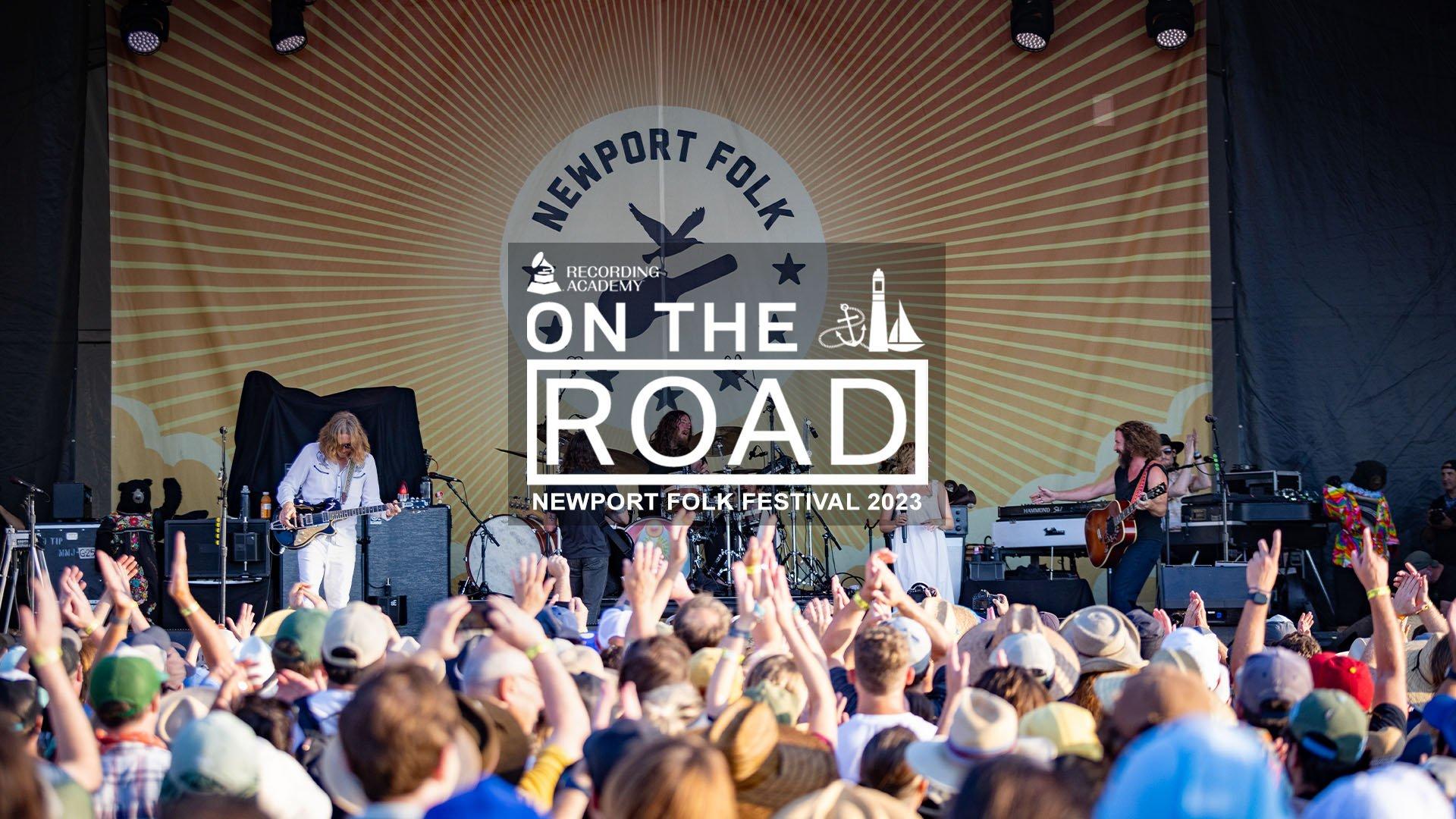
Photo: Douglas Mason / Contributor via Getty Images
video
Watch Backstage Interviews At Newport Folk 2023: Turnpike Troubadours, Nickel Creek, M. Ward, Thee Sacred Souls & More
Another Newport Folk is in the books; its 2023 iteration was one of the great ones — featuring Aimee Mann, Lana Del Rey, Jason Isbell and more. Watch backstage interviews with some of its radiant artists below.
Another summer, another Newport Folk. The storied bastion of American roots music flourished once again, with three days of plucks, strums, harmonies and good cheer.
Lana Del Rey enjoyed her Newport debut, James Taylor made a surprise appearance (calling it "emergency folk music") and the Black Opry made waves — and GRAMMY.com was on the grounds for all of the excitement.
Backstage, a number of artists chatted about their experiences onstage, their love of the American roots community and more.
Watch all of the interviews below — and we'll see you at Newport Folk 2024!
Turnpike Troubadours
Nickel Creek
John Oates
Abraham Alexander
Bella White
Gregory Alan Isakov
Indigo de Souza
M. Ward
Thee Sacred Souls
Rob Grant

Photo: Erika Goldring
list
5 Artists Who Graduated From GRAMMY Camp: Chappell Roan, Maren Morris, Blu DeTiger & More
As GRAMMY Camp 2024 winds down, check out this list of leading figures in the music community who count themselves as alumni.
GRAMMY Camp is almost a wrap — but the musical memories will last a lifetime. On Saturday, July 19, the weeklong summit for students interested in music careers will wrap after six enlightening days.
Held at the Village Recording Studios in Los Angeles, GRAMMY Camp's faculty of music professionals — along with guest professionals — have offered precious insight to give campers the best chance at succeeding in their career of choice.
The available Camp tracks include Audio Engineering, Electronic Music Production, Songwriting, Music & Media, Music Business, and much more. Many alumni of this enriching crash course have risen to prestigious positions across the musical landscape.
As the Recording Academy signs off on yet another elevating GRAMMY Camp, check out this list of five major artists who cut their teeth at the almost 20-year institution.
Maren Morris
The future country wunderkind attended GRAMMY Camp for its very first iteration, back in 2005. There, the then 15-year-old met undisputed leaders in the music community, like Jimmy Jam and Paul Williams — which set the course for her incredible career to come.
In the years since, Morris has won a GRAMMY, received 17 GRAMMY nominations, and topped the Billboard country charts. She also joined the country supergroup the Highwomen with fellow juggernauts Brandi Carlile, Natalie Hemby and Amanda Shires.
At this year's GRAMMY Camp, Morris returned as a guest artist. What's her advice to budding artists? "Just stick to being authentic," she told RecordingAcademy.com, "and people see that, no matter what time they arrive to the party for you."
Along the way, "Find people that listen to you," Morris added, "but also push you and your creativity to new areas of yourself."
Jahaan Sweet
In 2009 — four years after Morris' GRAMMY camp tutelage — the formidable Jacksonville, Florida, producer, songwriter and pianist Jahaan Sweet attended GRAMMY Camp.
At the outset, he was thrilled to come to L.A. for the first time and network with like-minded folks in music. "I knew that my skill set wasn't that great," he told GRAMMY.com a decade later, "but it was just so good to be around people who were all there to learn and create together.
"I feel like that's the biggest takeback I have of GRAMMY Camp," he continued. "It was amazing to have all those people together under one roof, all in the same vicinity, all doing creative things." Working with GRAMMY Camp Faculty Director Jason Goldman was one clear highlight for him: "He's a great guy, and he was such a good, carefree band director."
By now, Sweet has worked with Kehlani, Kendrick Lamar, Drake, Eminem, the Carters, Ty Dolla $ign, A Boogie Wit Da Hoodie, and many more; he's been nominated for three GRAMMYs and won one. And as a launchpad, GRAMMY Camp helped make all these accomplishments possible.
Watch now: Producer Jahaan Sweet Talks Making Records With Boi-1da, Drake & More | Behind The Board
Chappell Roan
In 2024, Chappell Roan is very, very famous — as she admits, a little more famous than she would like right now.
Regardless, the self-christened "Midwest Princess" — whose moniker was ensconced in the title of her 2024 breakout album — has wholly earned her plaudits, including opening for Olivia Rodrigo on her GUTS tour. And she can trace a line directly back to a decade ago, in 2014, when she attended GRAMMY Camp.
"I didn't do my senior year. I didn't go to prom. I didn't go to graduation," Roan explained to Rolling Stone in 2022, about her early musical life. "I missed a lot of what would have been the end of my childhood to do this job," she says.
For those like Roan, who are dead serious about making the music thing work, GRAMMY Camp is an ideal fount of experience and inspiration.
Read more: Chappell Roan's Big Year: The Midwest Princess Examines How She Became A Pop "Feminomenon"
Jensen McCrae
Another shout out to GRAMMY Camp's Class of 2014: that's the year that indie-folk-pop favorite Jensen McCrae put in her time, at the tender age of 16.
"I started playing and writing music as a little kid, and I've known I've wanted to be creative for my whole life," McCrae told VoyageLA, adding that she began taking songwriting and performing seriously in high school.
"[Being a] half-white, half-Black girl who spent her whole life in academically cutthroat private schools while trying to pursue a career in the arts gives me a unique perspective on the world," she explained. Which made McCrae an live antenna at GRAMMY Camp, picking up signals left and right.
The 10-day experience cemented the Angeleno's desire to attend college at the University of Southern California's Thornton School of Music — where she got a full ride, and was off to the races. These days, she's fresh off an opening slot for Noah Kahan on the We're All Be Here Forever Tour.
Blu DeTiger
"I remember thinking 'So many girls play guitar and sing,'" the TikTok-flourishing bass phenom Blu DeTiger told Spin in 2022. "I was like, 'I want to be different. I want to do something unique.' And I've never looked back."
Part of GRAMMY Camp's message is: dare to be different, to be you. Which made DeTiger an ideal student, when she enrolled in 2015; today, she's leading the charge for a generation of young, innovative bassists of all backgrounds.
Read more: Love Thundercat? Check Out These 5 Contemporary Bassists Keeping The Flame
Along with Morris and New Jerseyan singer/songwriter Jeremy Zucker, DeTiger returned in 2024 as a guest artist — bringing the musical education process full circle, as she continues to redefine how the bass is presented in the social media era of music.
The 20th annual GRAMMY Camp celebration is running now and concludes with the GRAMMY Camp Finale Student Showcase on Saturday, July 20, at the Ray Charles Terrace at the GRAMMY Museum.
Learn more about GRAMMY Camp here — and we'll see you next year in Los Angeles!
Explore GRAMMY Camp And The GRAMMY Museum

5 Artists Who Graduated From GRAMMY Camp: Chappell Roan, Maren Morris, Blu DeTiger & More

GRAMMY Museum Partners With HYBE For New K-Pop Exhibit 'HYBE: We Believe In Music' Opening Aug. 2

GRAMMY Hall of Fame Gala Red Carpet Highlights
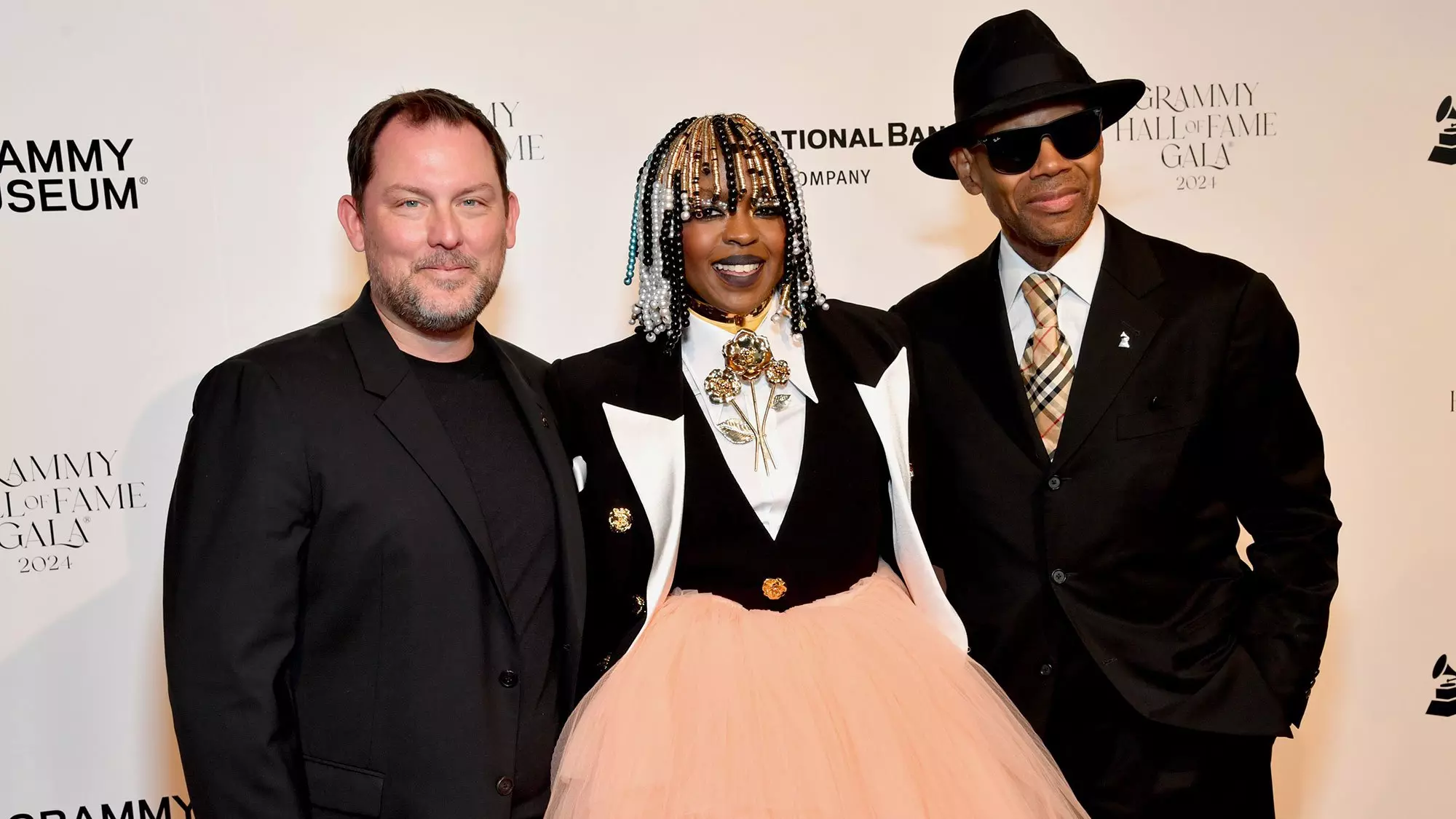
6 Key Highlights From The Inaugural GRAMMY Hall of Fame Gala Honoring Lauryn Hill, Donna Summer, Atlantic Records & Many More
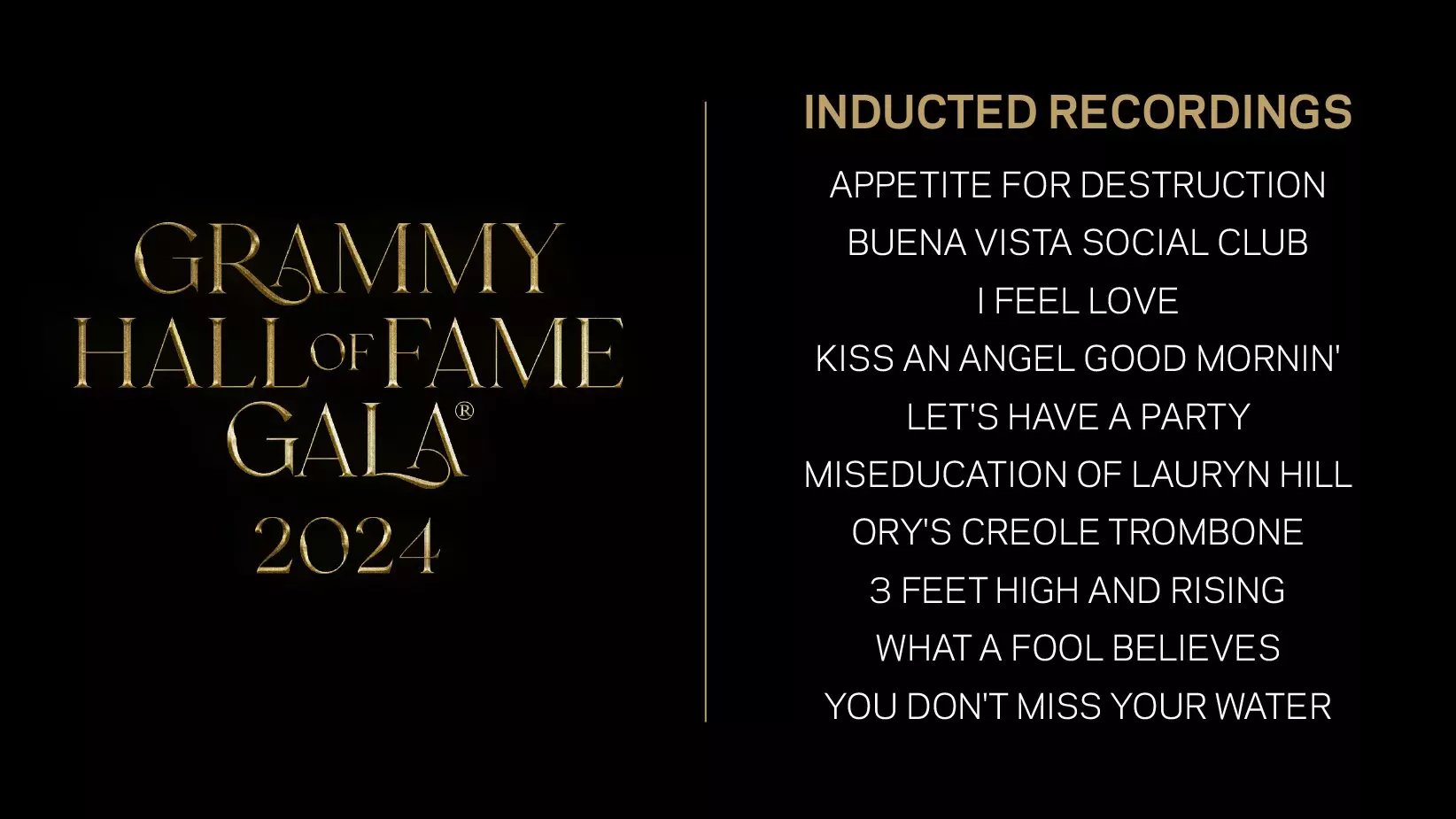
Explore The 2024 GRAMMY Hall Of Fame Inducted Recordings: Lauryn Hill, Guns N' Roses, De La Soul, Donna Summer & Many More
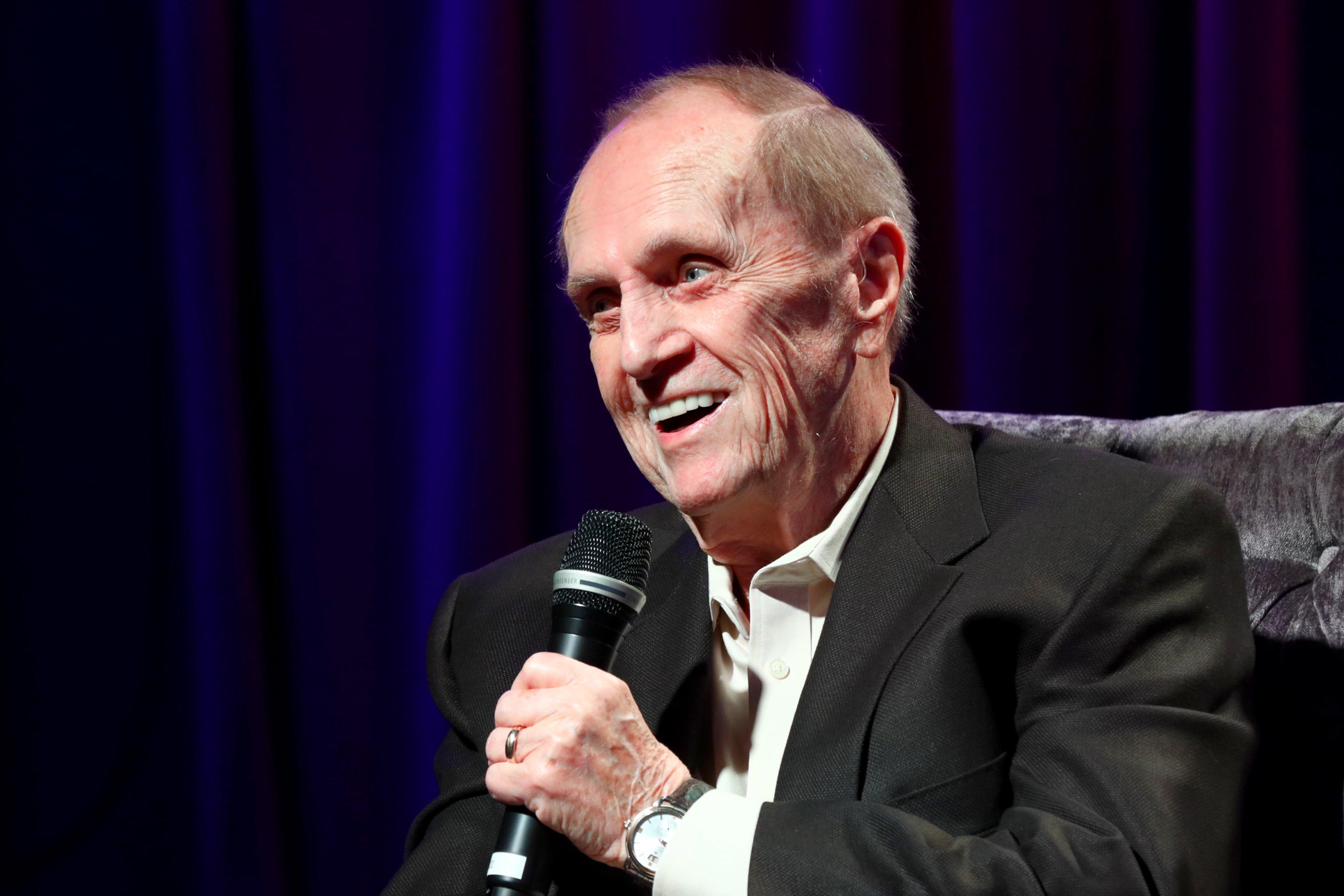
Photo: Rebecca Sapp/WireImage
news
Remembering Bob Newhart, The Comic Who Made GRAMMY History With His Debut Album
The legendary comic, whose work onstage and on screen spanned multiple generations, passed away at age 94 on July 18.
Bob Newhart, one of the most celebrated comedians of his generation and renowned for his deadpan delivery died at his home in Los Angeles on July 18. He was 94.
Awarded the John F. Kennedy Center for the Performing Arts’ Mark Twain Prize for American Humor in 2002, Newhart launched his career with a record-setting record. By the time he transitioned to television with two successful sitcoms, he had become a household name.
Newhart made his vinyl debut on April Fool’s Day in 1960, when Warner Brothers Records released his first comedy album, The Button-Down Mind of Bob Newhart. A year later, at the 3rd GRAMMY Awards, the former accountant-turned-comic took home three golden gramophones.
At the 1961 GRAMMYs, Newhart won Album Of The Year — beating out two classical albums as well as works by Nat King Cole, Frank Sinatra and Harry Belafonte. Newhart also won Best New Artist at that year's ceremony and, to this day, is the only comedian to win in both categories.
Recorded live on Feb. 10, 1960 at the Tidelands Motor Inn in Houston, Button Down Mind also became the first comedy audio album to reach No. 1 on the Billboard 200 chart. The album is widely considered to be one of the most consequential comedy albums of the 20th century and, fittingly, features the subtitle The Most Celebrated New Comedian Since Attila (the Hun).
The album was added to the Library of Congress’s National Recording Registry in 1960. That year, The New York Times noted that Newhart was “the first comedian in history to come to prominence through a recording.” In 2007, the Recording Academy inducted The Button-Down Mind of Bob Newhart into the GRAMMY Hall of Fame.
His second album, The Button-Down Mind Strikes Back!, similarly topped the Billboard charts and earned Newhart his third GRAMMY Award, this time for Best Comedy Performance — Spoken Word.
Newhart received two additional GRAMMY nods during this illustrious career: His Button Down Concert album was nominated for Best Spoken Comedy Album at the 40th GRAMMY Awards, and nine years later his I Shouldn't Even Be Doing This! was nominated for Best Spoken Word Album.a
The success of Button-Down Mind led to the launch of Newhart's long TV career. His NBC variety show, "The Bob Newhart Shot" only lasted one season, but earned an Emmy for Outstanding Comedy Series in 1962. Newhart found greater success through CBS, which broadcast a series of the same name. On the second "The Bob Newhart Show," which ran from 1972 to 1978, the comic actor played a psychologist,
Four years later, he followed up with another sitcom, "Newhart," which aired until 1990 and in which Newhart played a Vermont innkeeper.
Bob Newhart has continued to have a presence on the small screen. His recording debut has been referenced in a variety of contemporary period shows, including "Mad Men" and "The Marvelous Mrs. Maisel."
During his decades-long television career, Newhart received nine EMMY nominations, including as Outstanding Lead Actor in a Comedy Series over three consecutive years for "Newhart" and three for Outstanding Guest Actor in a Comedy Series for his appearances on CBS’ "The Big Bang Theory."
Born George Robert Newhart on Sept. 5, 1929, in Oak Park, Illinois, Newhart graduated from Loyola University of Chicago in 1952 with a degree in accounting. After serving in the Army during the Korean War, he returned to Loyola for law school, but dropped out and pursued office work.
Newhart worked as an accountant for United States Gypsum Corp., which manufactures construction materials, and later as a copywrighter for Fred Niles Films Company in Chicago. During that time, Newhart began recording "long, antic" phone calls with a friend as audition tapes for comedy jobs. They caught the attention of a Chicago disc jockey, who introduced Newhart to the head of talent at Warner Bros. Records and which led to a life-changing contract in 1959.
It was in the latter category that Newhart won his first and only Emmy in 2013, 20 years after the Academy of Television Arts and Sciences inducted him into its Hall of Fame.
Remembering Legends & History-Makers
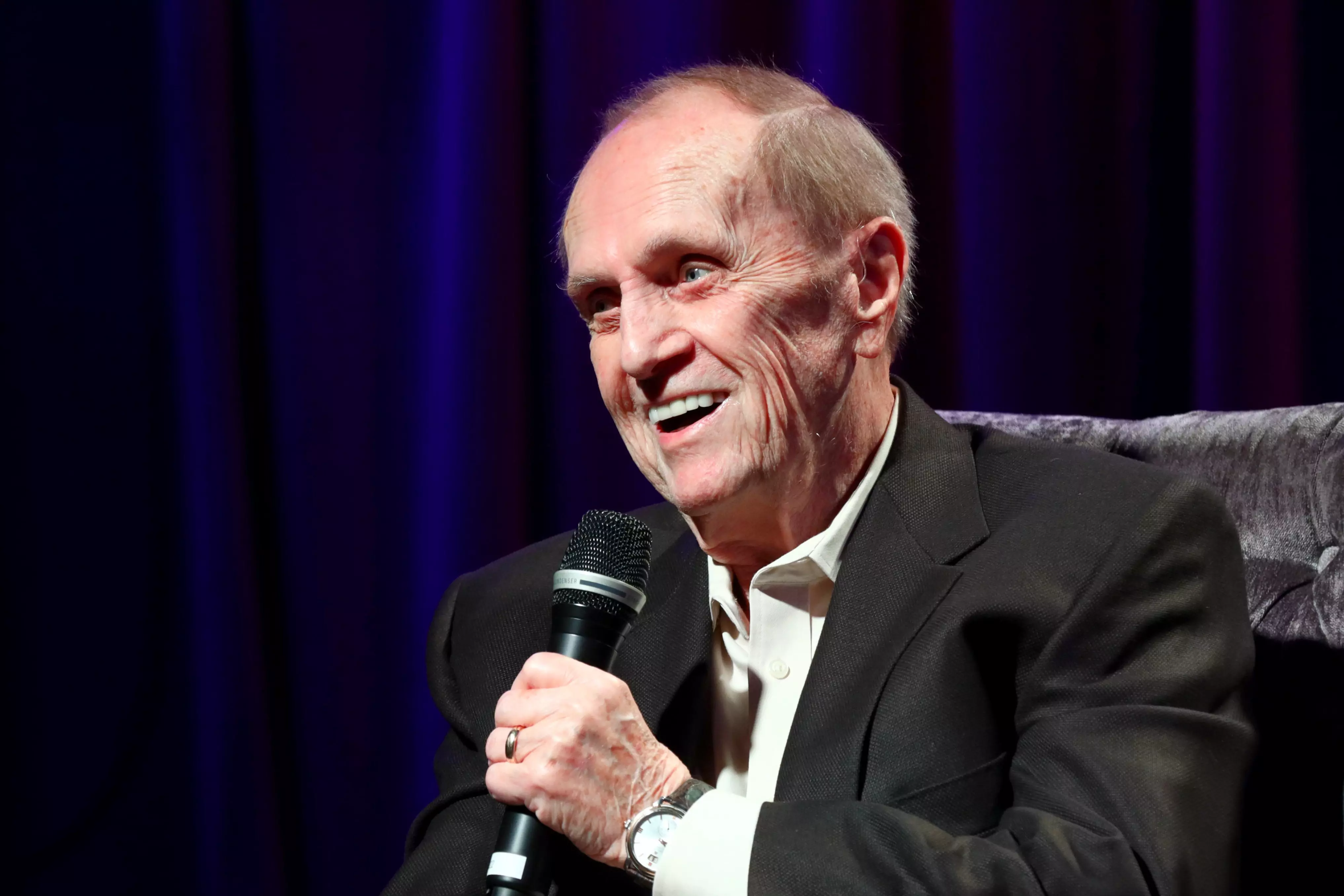
Remembering Bob Newhart, The Comic Who Made GRAMMY History With His Debut Album

2024 GRAMMYs In Memoriam: Stevie Wonder, Lenny Kravitz & More Pay Tribute To Late Icons
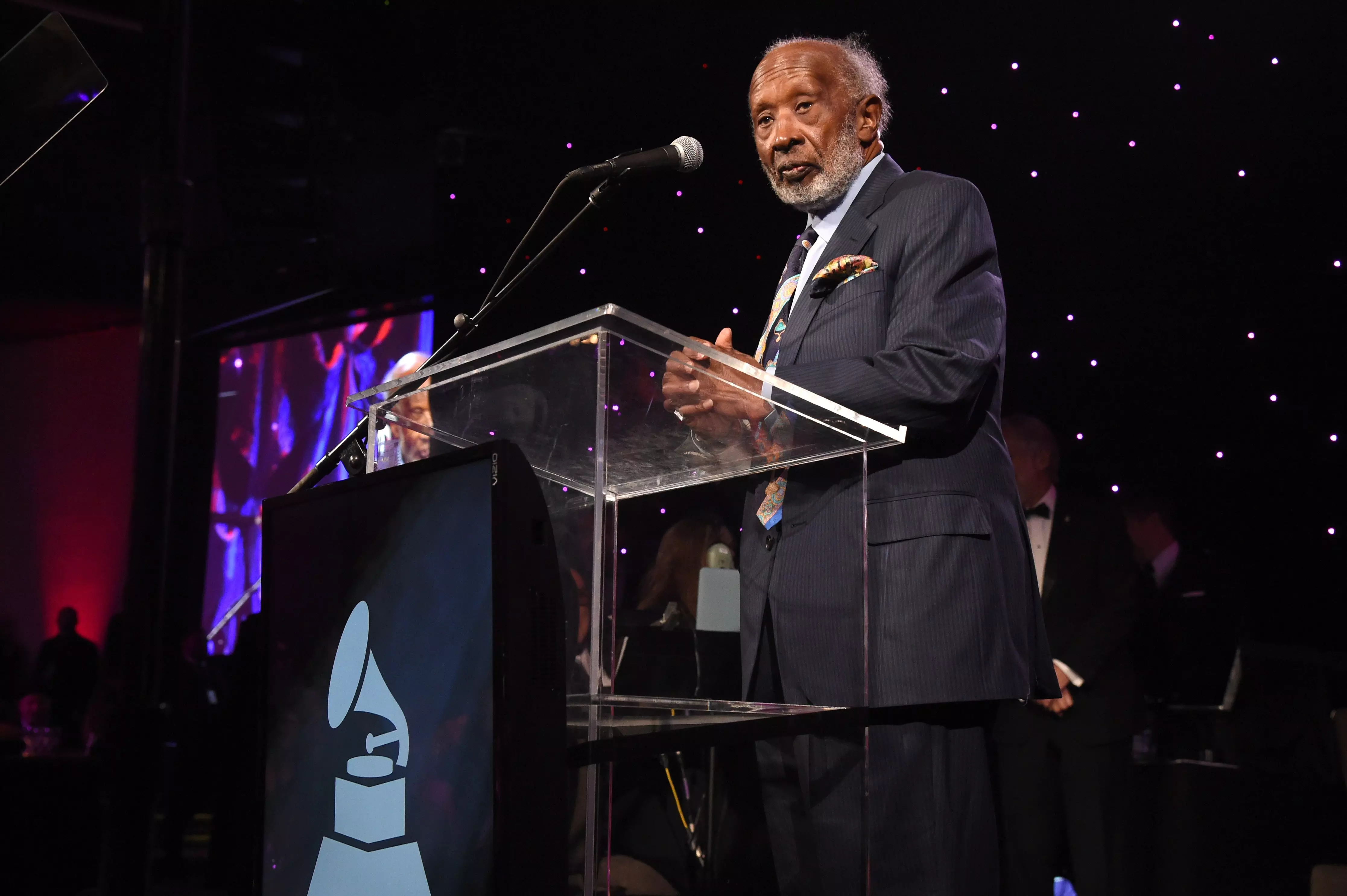
Remembering Clarence Avant: The Black Godfather, Renowned Entertainment Mentor & Recording Academy Honoree
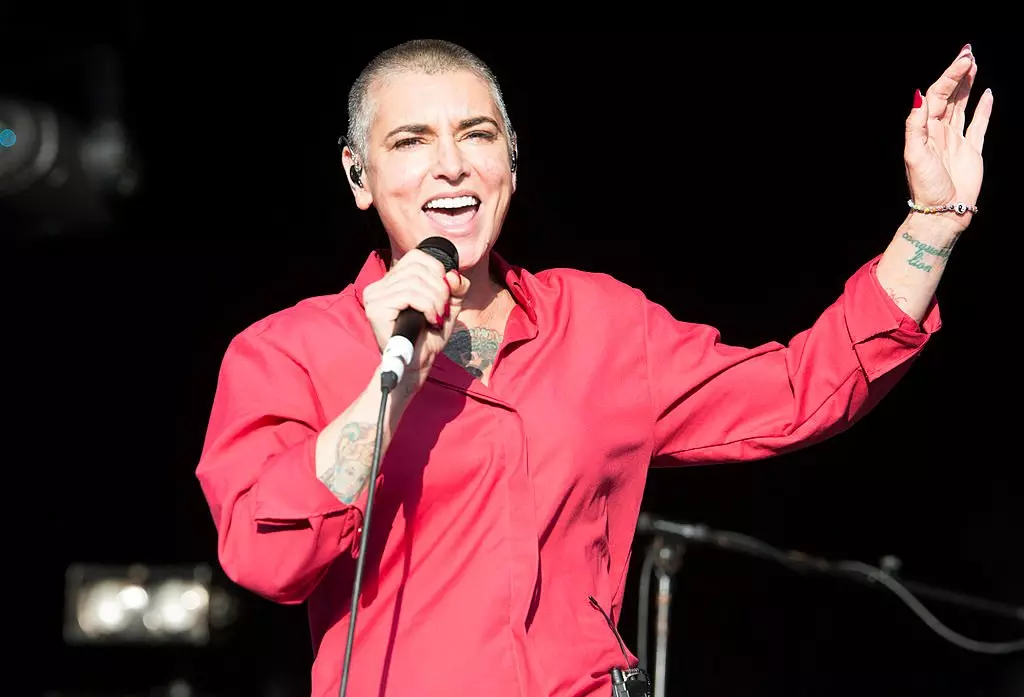
Remembering Sinéad O’Connor: 5 Essential Tracks By The Iconoclastic Singer/Songwriter
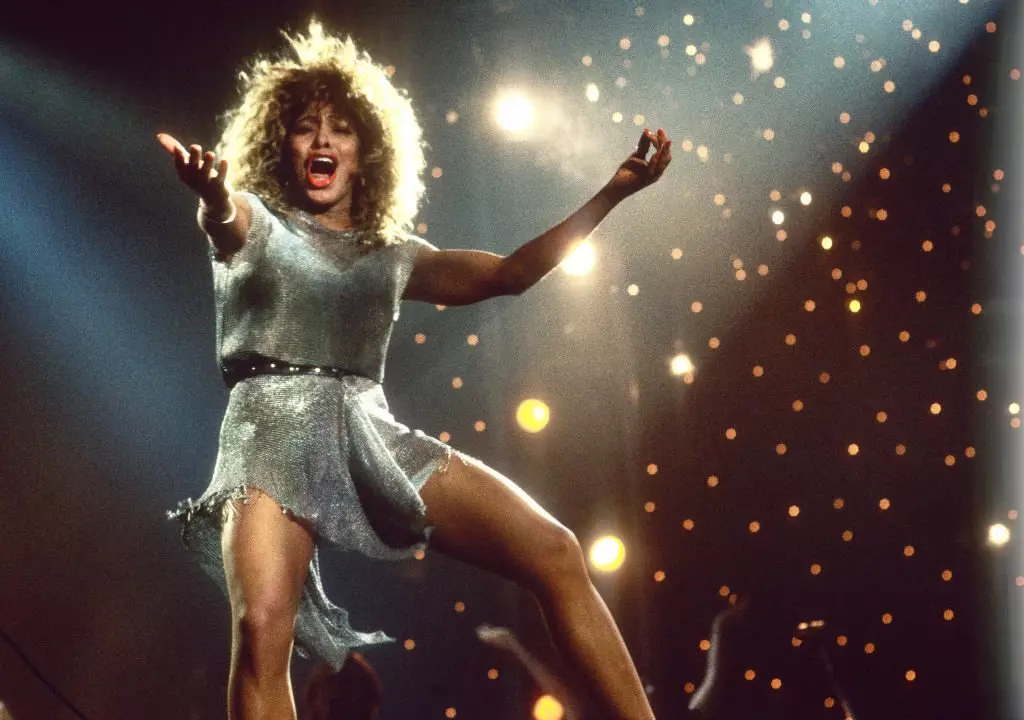
Remembering The Artistry Of Tina Turner, "The Epitome Of Power And Passion"
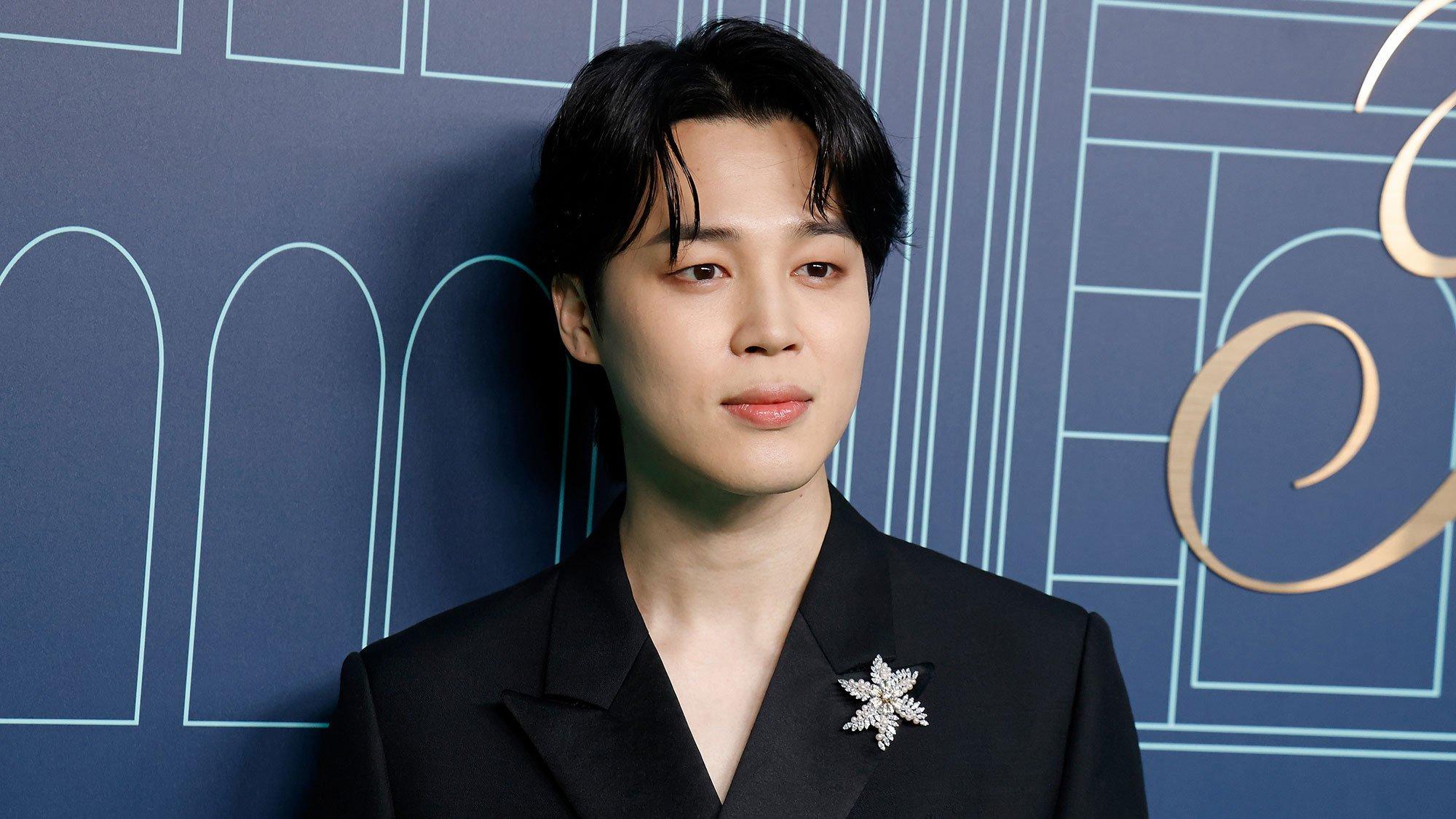
Photo: Taylor Hill/Getty Images
list
5 Takeaways from BTS Jimin's New Album, 'MUSE': A Bold Exploration Of Love And Inspiration
Jimin's second solo project, 'MUSE,' showcases his artistic growth and versatility, featuring a blend of nostalgic sounds, personal reflections, and standout collaborations.
K-pop juggernauts BTS are still on hiatus due to military enlistments, except for Jin, who was discharged last month. Yet, all members remain booked and busy in their solo endeavors.
Documentaries, travel shows, special singles — you name it, they carefully prepared it before starting their duties. And after new records from j-hope (HOPE on the Street) and RM (Right Place, Wrong Person) this year, the next in line is Jimin, who dropped MUSE today.
The album comes almost a year and a half after his debut EP, FACE, which placed Jimin as the first South Korean soloist to top Billboard's Hot 100 chart. In it, the Busan-born star proved his versatility and prowess standing on his own, captivating audiences old and new with his sensitive charisma.
In MUSE, Jimin introduces a new facet of his musical identity: bolder and more confident, but still a big softie at heart. To celebrate the beginning of a new era — and to ease the wait until his discharge next year — here are five key takeaways from Jimin's latest release, MUSE.
It's Another Jimin-led Production
FACE was a proper introduction to Jimin's artistic vision, with him contributing to every aspect of the project and co-writing all of its tracks, minus the instrumental "Interlude: Dive."
Now, he takes it up a notch for MUSE, showcasing his growth by co-writing six out of seven tracks, and co-producing two of them: "Rebirth" and "Interlude: Showtime." Once again, Jimin had a hand on all of the album's components, including its concept and visuals, and bore down another layer of his ever-evolving skills.
If FACE introduced us to a vulnerable and sometimes desperate Jimin, MUSE charges forward with main pop boy energy, tender but commanding, sweet but sassy. It works both as a gift to fans and a tool to get to know Jimin even deeper.
He’s Still In Search Of His Muse
"We never met, but she's all I see at night/ Never met but she's always on my mind/ Wanna give her the world/ And so much more/ Who is my heart waiting for?" Jimin sings in MUSE's track, "Who." As the lyrics suggest, MUSE's main theme is Jimin's journey to find the source of his inspiration — his muse.
The album's seven tracks are all interconnected by love and longing, with Jimin searching for the one but getting lost in the way, and back at it once more. Through this perspective, he continues his path of self-discovery. After looking at his own FACE in the mirror, who else does he see? Who else instigates him enough to make art?
A Stellar Team Backs Up The Effort
To write and produce MUSE, Jimin enlisted longtime collaborators Pdogg, Ghstloop, Evan, and Supreme Boi. They have also been working with BTS for years, and know just what Jimin wants and needs in his songs.
But to make this album even more special, Jimin also collaborated with a fresh crop of professionals. Lead single "Who" was co-written and co-produced by Jon Bellion, Pete Nappi, and Tenroc, while Ayo the Producer and Kofo co-signed the fan-dedicated "Closer Than This." OneRepublic's Ryan Tedder helped pen "Be Mine," and Tommy Brown has writing credits on "Rebirth" and "Smeraldo Garden Marching Band (feat. Loco)."
Aside from Korean rapper Loco, MUSE also features American actress and singer Sofia Carson on the smooth duet "Slow Dance." Together, these names assembled a cohesive, yet diverse LP, brimming with influences from several decades, genres, and countries at once.
The Smeraldo Flower Makes A Comeback
Back in 2017, when BTS was in their LOVE YOURSELF era, they also introduced to their lore a fictional blue flower named Smeraldo. Symbolizing "a truth that cannot be told," its legend was better explored in the track "The Truth Untold (Feat. Steve Aoki)," and offered important clues to understanding that era's messages.
However, as years passed, the Smeraldo flower was largely forgotten from BTS's new works — until MUSE. Here, Jimin brings back the blue flower as one of the albums' visual concepts, and as the main motif behind pre-release "Smeraldo Garden Marching Band (feat. Loco)."
According to a press statement, the track's lyrics "express the longing to confess and find love on behalf of those unable to articulate their feelings," hence the use of Smeraldo. As for its curious title — loosely inspired by The Beatles' 1967 album Sgt. Pepper's Lonely Hearts Club Band — it came first as a casual nickname between Jimin, Pdogg, Ghstloop, and Evan while they worked together on FACE, and eventually became real.
It’s Packed With Nostalgia
If you miss Justin Timberlake's Justified sounds and other early-2000s gems, MUSE is here to take you on a nostalgic trip. Inspired by pop, R&B and hip hop from that era, Jimin gave his latest album a vintage, cozy veneer.
These references are predominantly visible on "Who" and its delightful guitar strums, but "Slow Dance (feat. Sofia Carson)," for example, sounds like an updated version of Usher and Alicia Key's "My Boo," and "Be Mine" could be the 2020's lovechild of Santana's "Maria Maria" and Sean Paul's "I'm Still In Love With You."
Another strain of references can be seen in "Smeraldo Garden Marching Band (feat. Loco)," which extends The Beatles' inspiration to experimental samples and marching band percussion, and creates a quirky piece that strays away from any current trends. "Interlude: Showtime" drinks from the same source, featuring a circus brass and drum line that introduces us to the singularity of "Smeraldo Garden."
While infused with nostalgia, MUSE still appeals to today's tastes, and offers a seamless, polished listen. It stands as a testament to Jimin's artistic growth, and while he might not have found his muse yet — he is certainly a source of inspiration for many.
More BTS News
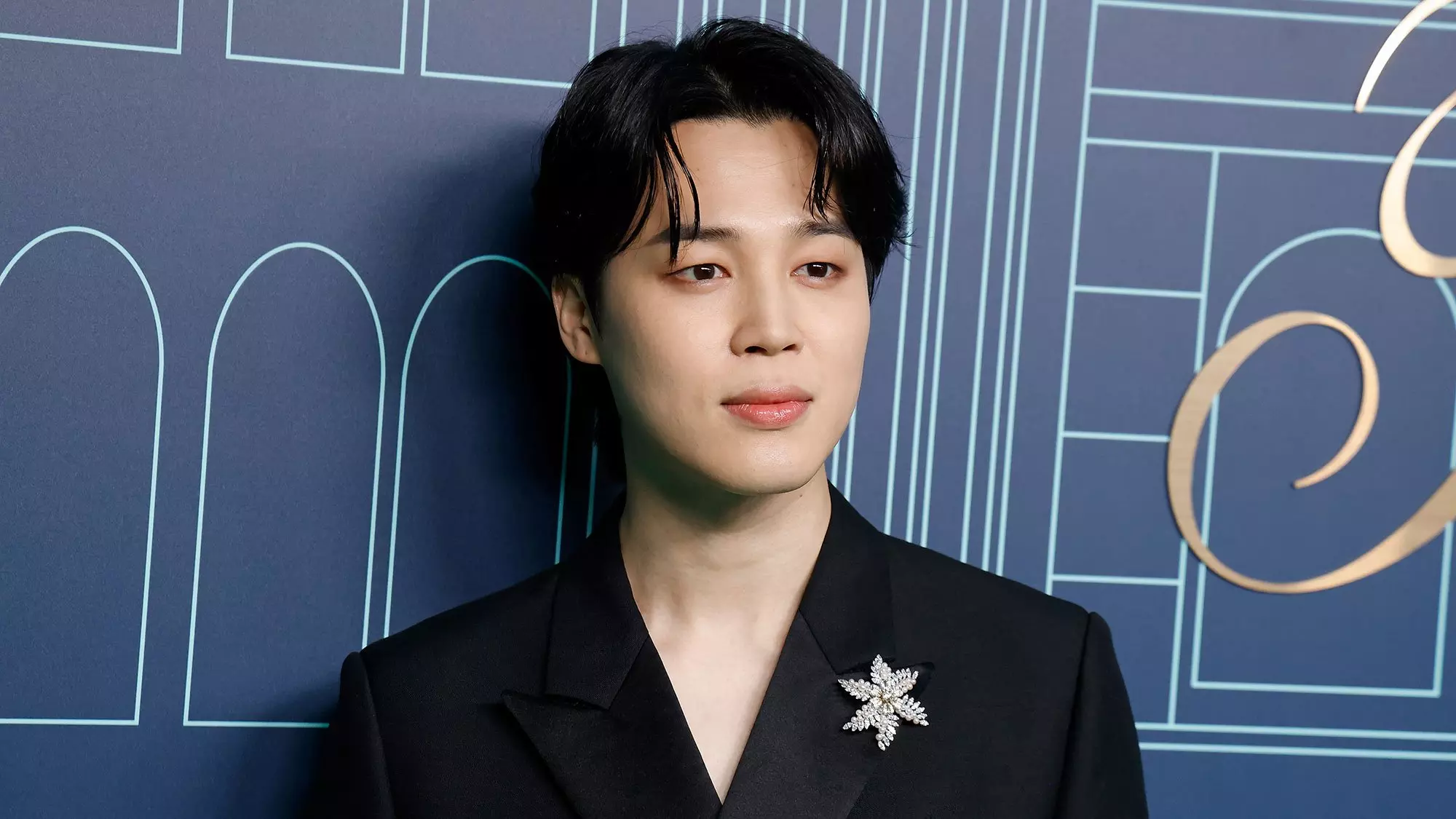
5 Takeaways from BTS Jimin's New Album, 'MUSE': A Bold Exploration Of Love And Inspiration

GRAMMY Museum Partners With HYBE For New K-Pop Exhibit 'HYBE: We Believe In Music' Opening Aug. 2

Stream RM's New Album 'Right Place, Wrong Person': See The Tracklist, "LOST!" Video & Special Guests

J-Hope's Road To 'Hope On The Street Vol.1,' From Falling Back In Love With Dance To Tying Together His Global Influences
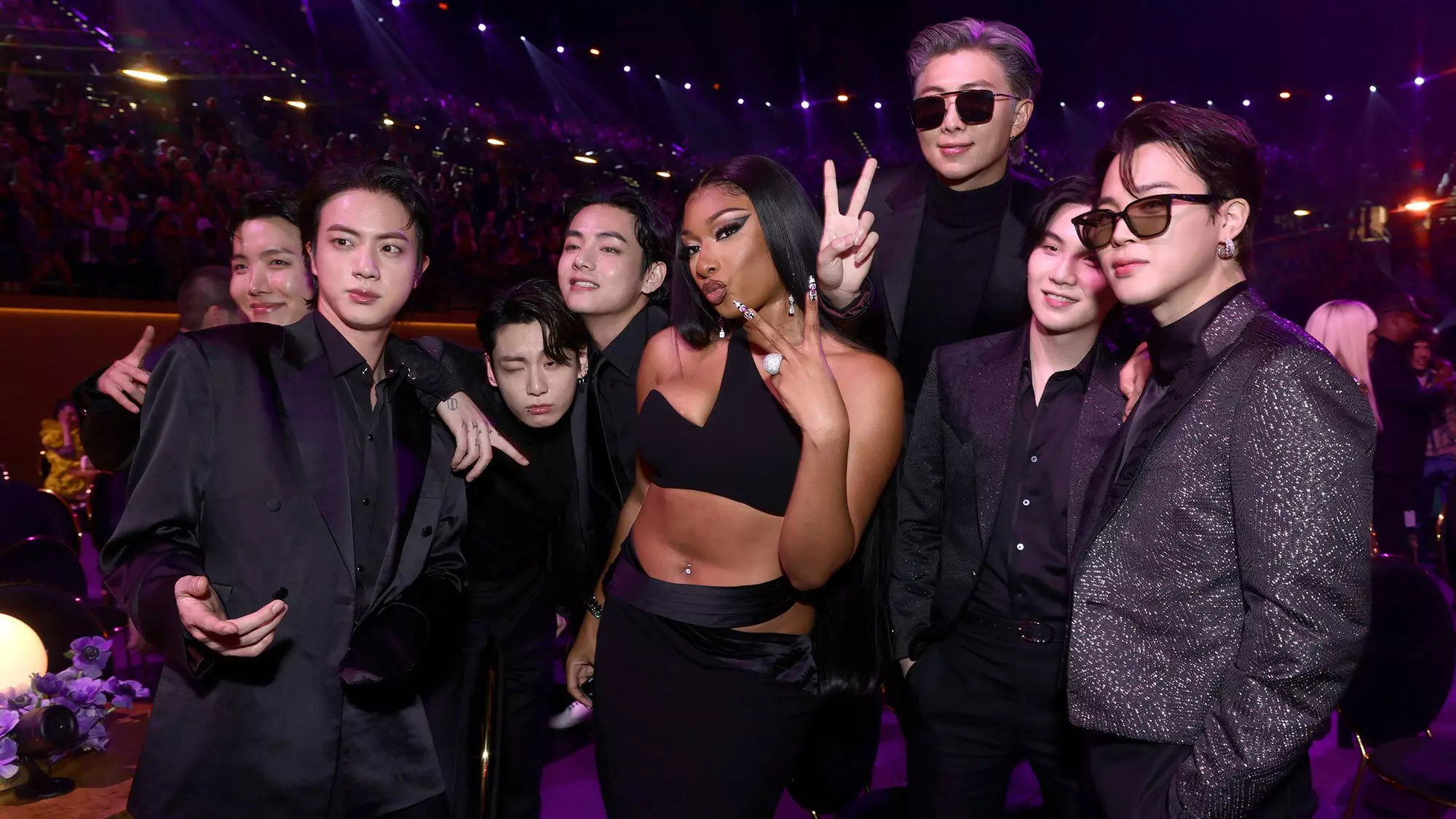
9 Essential K-Pop/Western Collabs: From BTS And Megan Thee Stallion, To IVE And Saweetie
